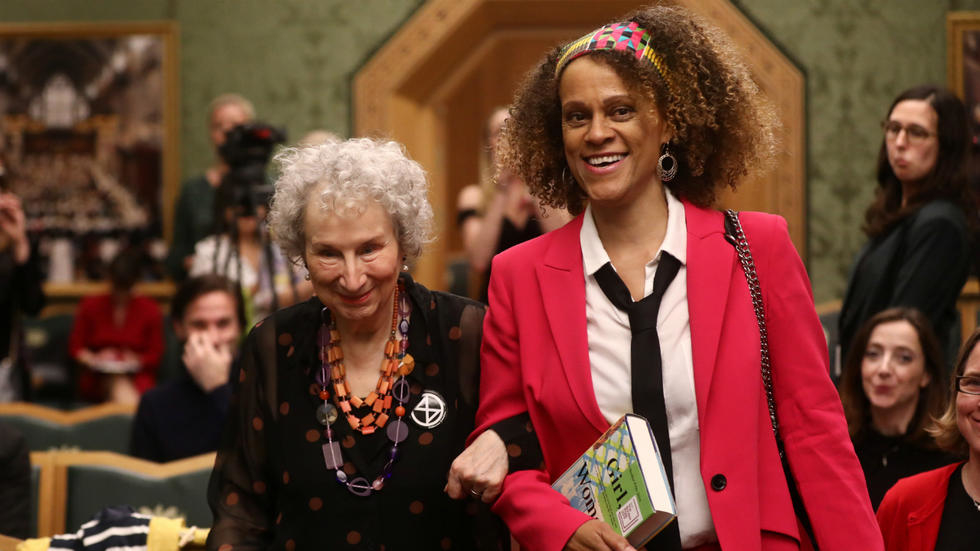Sudha Devi Nayak
The Booker season had a nail-biting finish that gave followers of literature moments of tension, trepidation and speculation. The Booker Committee had the onerous task of reading 150 books and to whittle the list down to a dozen books in the long list and then to further shortlist six novels from among them. The six that survived the unkind cut were each a strong contender for the prize. Margaret Atwood was tipped to be the favourite, with publishers and booksellers going overboard much before the Booker deadline. Atwood finally won with a formidable literary reputation and a Booker under her belt, for her ‘The Testaments’, in tandem with the British African writer Bernardine Everisto for her book ‘Girl, Woman, Other’.
While arriving at the crucial decision the rule book was cast aside and both books were felt equally Booker worthy. Rules, after all, are not etched in stone and have no sanctity except what we assign them from time to time. Rules can always be broken or bent with impunity as the occasion demands. Peter Florence, the Chair of the Judges, said: “It was our decision to flout the rules.” Both are experimental novels dealing with urgent contemporary situations that demand our attention. ‘The Testaments’ is a vivid portrait of female resistance to patriarchy, a sequel to ‘The Handmaid’s Tale’, a runaway success that talks of patriarchal tyranny, while ‘Girl, Woman, Other’ deals with a dozen Black women’s voices of protest against biases of gender, racism, class, sexuality, a blend of poetry and prose, ‘fusion fiction’ in the words of Everisto. “We black British women know that if we don’t write ourselves into literature no one else will,” Everisto says.
This ground-breaking novel would be the precursor to many novels to come. There has been a backlash of controversy and criticism, but the award has lived through it. Atwood, a veteran some felt, eclipsed the newcomer’s limelight, while others felt the genius of Atwood has been rightly acknowledged.
However, book lovers have been served with a royal fare of books to be read, savoured and reflected upon. The Booker season will come and go every year, having done its duty towards the winners, giving them an enhanced lease of shelf life with sales soaring and cash registers ringing. But after the hype dies, beyond the arclights when people settle down to read in the quiet of their drawing rooms, the real worth of the book is discovered. Every great book writes itself with its spontaneity, its style, its linguistic brilliance and mapping of events. Every great book defends itself by surviving, otherwise it is indefensible. Every great book speaks to the soul and resonates with the reader
Awards and distinctions are only a recognition and do not sum up a writer’s genius. Innumerable writers are out there who have not graced any list or received any award but are still worthy of recognition as they have shaped our lives and worlds. What awards can pay homage to Shakespeare, Tolstoy, Jane Austen, Dickens, Conrad? Any award would be akin to gilding the lily.
